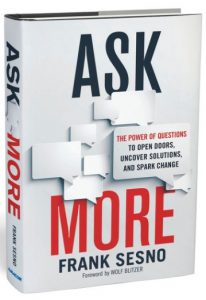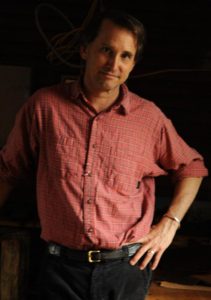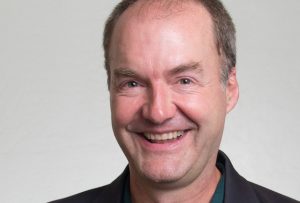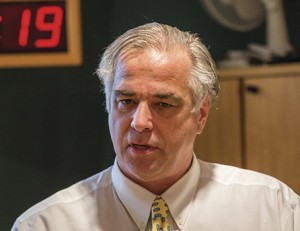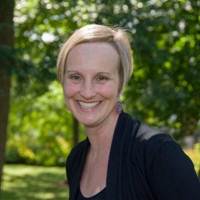I’m excited to announce that we’re adding something new to the School of the Environment’s schedule for this summer. For one week during our six-week session, we will all be going down to Washington, D.C., to supplement our curriculum and leadership training program with visits with environmental leaders, organizations, and agencies to explore first-hand the strategies for … and challenges of … leading in a time of political change. In addition, we will engage closely with Frank Sesno and his team at Planet Forward, an organization based at George Washington University with the mission of moving the environmental narrative of the planet forward (hence the name) with evocative storytelling and communication.
Alumni from the MSoE’15 will remember Frank Sesno as our keynote speaker and one of our guest practitioners. He is currently the Director of The George Washington University School of Media and Public Affairs and the creator and host of Planet Forward. He was formerly CNN’s DC bureau chief, as well as anchor, interview host, and White House correspondent. He was the long-running host of CNN’s Sunday talk show Late Edition, and he remains a frequent guest host for CNN’s Reliable Sources.
Together with folks at Planet Forward, the MSoE faculty will help the students in this year’s program confront the question, “How can you lead in a time of change?” In fact, the political transitions we see in the U.S. today call upon all of us to recognize that leadership and strategies for environmental engagement must be responsive to dynamic political and cultural environments, and the question of how to lead in a time of change will frame our entire program this summer.
Our week in D.C. is included in the overall session and will not require any additional costs for the students. We will depart from Middlebury on Sunday, July 16th, and return on Saturday, July 22nd. This is the 4th week of our session, giving us plenty of opportunity to prepare in our classes beforehand and to follow-up with what we learned afterwards. We will be staying in the dorms at George Washington University’s Mt. Vernon campus, and we’ll take advantage of the facilities at the GW School of Media and Public Affairs as well as Middlebury College’s own office complex on K Street.
It is not an exaggeration to say that Washington, D.C., is one of the global capitals for environmental policy and engagement. The opportunity to integrate this experience with the traditional MSoE curriculum is amazing!
I’ll be posting more about this trip as details are confirmed. But I can guarantee that the week will be amazing!

